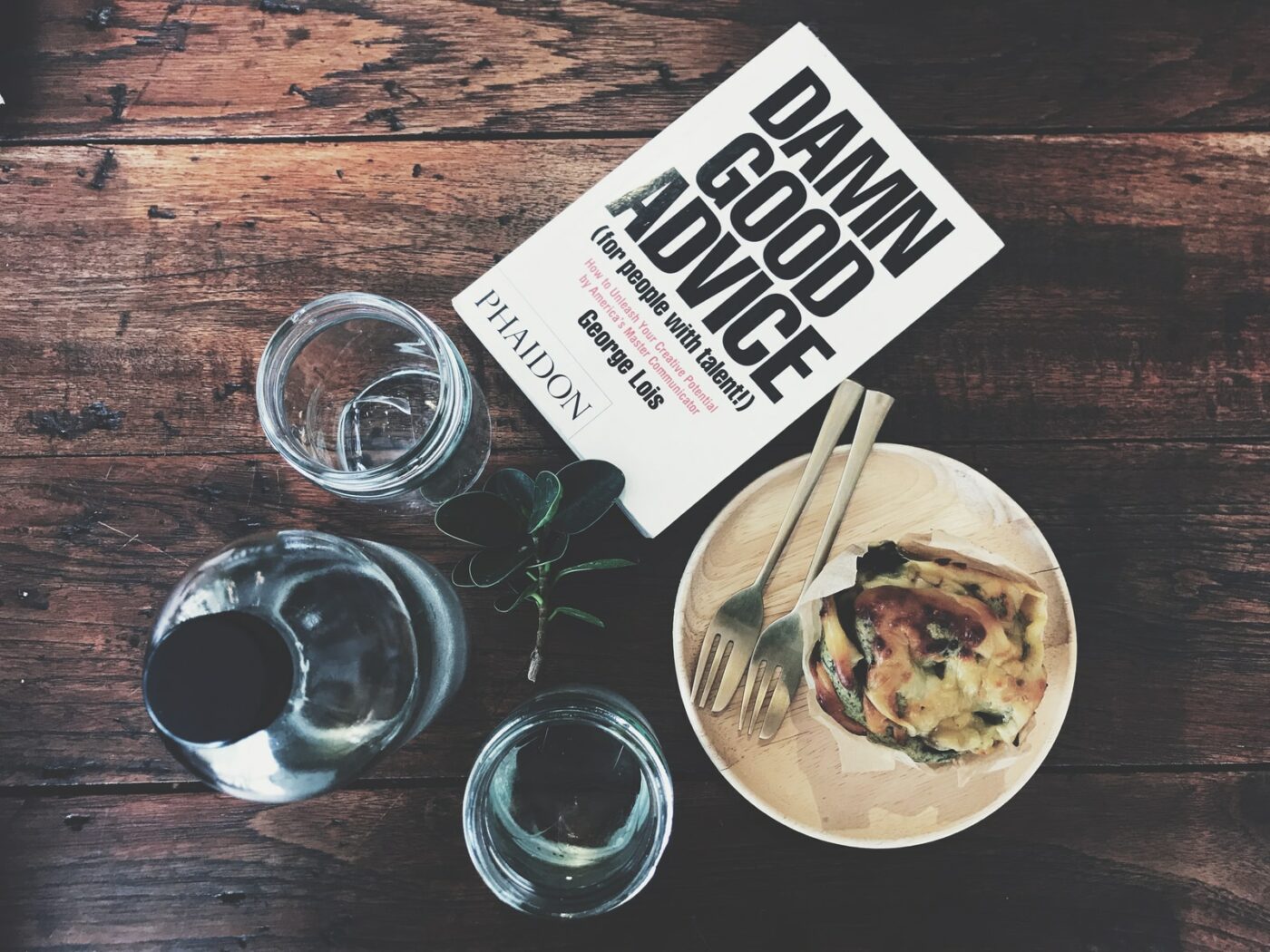I’ve had so much writing advice over the years that it’s hard to use much of it anymore. It’s just a sea to swim in. I’ve filed it all away in my subconscious, and I pull out what’s needed whenever it’s needed.
Today, I grabbed this one to share with you: Never tell anyone the story you’re writing until it’s written. If you do, the universe will steal it from you, and then it can never be written. It’s okay to give someone a tagline, like, “I’m writing a story about a woman who goes to France and falls in love with a barista-in-training.” But the rest of the story, the details and the intricacies, are yours until the first draft is written.
Even if you’re in a critique group where a chapter is shared each week, you always write the chapter before sharing it, right? You wouldn’t want to announce to the group that next week’s chapter (which hasn’t been written) will be an apartment fire where the owner’s beloved brown hamster dies after his fur catches fire. As he runs, he spreads the flames, starting with a discarded newspaper, which then causes the drapes to catch fire, etc., etc., etc., because that’s a commitment your creative brain has made to your subconscious, and your subconscious is not the writer you think it is. Yet, it is certainly tough enough to strong-arm your creative brain, snatching its freedom to change the events. As you write, your subconscious will force you to write that story–because it believed you, and you told people that’s what would happen–so when the hamster spills a forgotten glass of water, effectively dosing his fur, and then finds an open window, you, the writer, won’t let him escape because if he does, it will change the storyline you planned and promised. Even though you got it wrong. Write the story first, then you’re free to share it.
Ideas flow through the air. My father taught me that. Anyone can grab them, so when you tell people your story before it’s written, it becomes fair game to the universe. And some unknown person wandering the same writing realm as you can grab it and write it first. They don’t know it’s yours.
So, talk to your characters in private. It’s an intensely personal relationship. Listen to their story. Write it as it happens. As you hear it. Sometimes, writers try to create the story for their characters, but in reality, the characters already have a story. Get out of their way. Let them tell the story they want to tell. Just remember that you are the only one they trust right now. Keep their confidence until the story is written, and only after they’ve approved the retelling of it.
To keep moving forward, during your next writing session, re-read the last page you wrote–and only the last page–imaging just the story itself, pay no heed to the mechanics, and then ask yourself, “Does the next scene start with dialogue or description?” If your mind’s eye sees the place, start writing its description, putting in colors, scents, and even sounds. What does it sound like? Birds singing? A bulldozer crashing through cottonwood trees? Grease popping in a cast-iron skillet? You’re seeing and hearing what your character is experiencing. If the scene starts with dialogue instead, how do you know that? What words do you hear? Write what is being said, reflecting the tone too. That’s what your character is saying and hearing. Immerse yourself. AND KEEP WRITING. Get a full page or more down before you stop; I don’t even care if you’re typing song lyrics from the Battle Hymn of the Republic. Keep typing. Why? Because your characters gave it to you. Figure out the reason later.
Most writers slam into the (writer’s) block wall because they’ve given too much of the story away to the universe. Therefore, your creative brain must come up with new variants to the original story. The more you give away, the more the universe must hand out new variants, and soon, it’s not the same story at all. So whenever you find yourself saying, “I don’t know what happens next,” or, “I think I have the story in the wrong order,” or any number of other things, it’s because you’ve talked too much about the story and the thieves of the universe are stealing it from you.
Stop wondering about your worthiness to write the story. At this point, consider yourself the only writer who knows this story. It’s been given to you. Write it. Write the story. Don’t worry about whether it’s any good or not. Finish the first draft. You can’t take the second step until you’ve taken the first one. Only then does the story become “yours.”
Advice to Writers, Don't tell, Stealing the Story, Writing Advice


